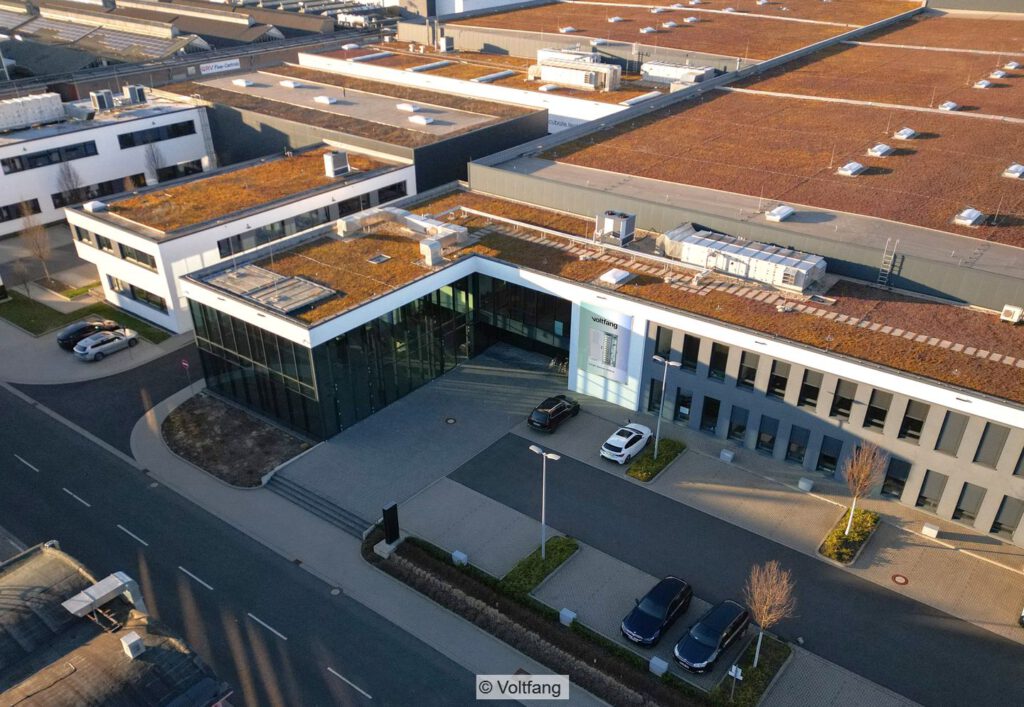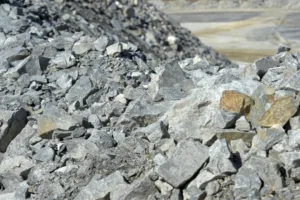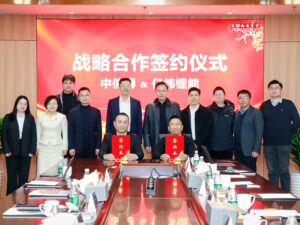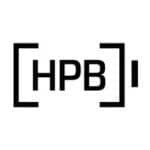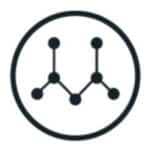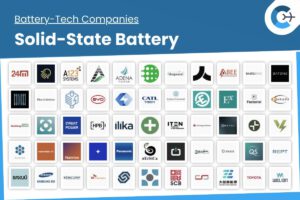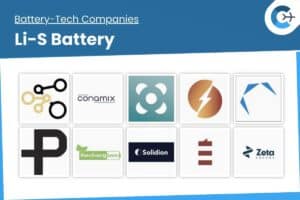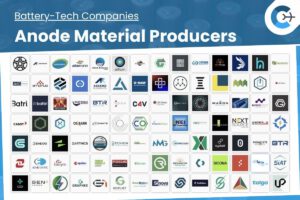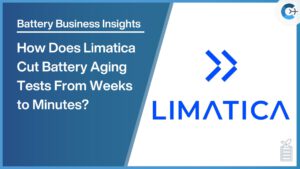Voltfang has inaugurated what it describes as Europe’s largest factory for second-life battery storage systems in Aachen. The “Voltfang Future Fab,” located in the Triwo-Technopark on the former premises of a now-insolvent electric vehicle manufacturer, officially began production in April. The plant repurposes used EV batteries and surplus cells from the automotive industry to manufacture stationary storage solutions.
The opening ceremony was attended by North Rhine-Westphalia’s Minister President Hendrik Wüst and Aachen’s Lord Mayor Sibylle Keupen. According to Voltfang, the facility is on track to produce 250 megawatt-hours (MWh) of storage capacity annually by the end of 2026, and to scale up to one gigawatt-hour (GWh) per year by the close of 2030. These systems are designed to buffer renewable energy, smooth out grid load peaks, and provide emergency backup power.
At the ceremony, Wüst highlighted the project’s role in strengthening industrial competitiveness, enhancing energy security, and reducing dependence on global supply chains. He also noted that the new factory supports the structural transformation of the Rhenish lignite mining region. In a related development, a 20 MWh large-scale storage installation is being built in Alsdorf and is expected to connect directly to the regional grid by late 2025.
“With the new plant, we are not only scaling up, but also making an important contribution to the economic, ecological and social transformation of the lignite region in North Rhine-Westphalia,” added David Oudsandji, co-founder and managing director of Voltfang. “The market for battery storage systems is growing dynamically and Voltfang is actively shaping this growth.” Last year, the company’s production volume increased fivefold.
To support its rapid expansion, the start-up has completed two financing rounds, raising €8 million in October 2024 and €15 million in June 2025. Investors include the environmental services provider Interzero, Dutch venture capital firm Forward One, and investment groups PT1, Helen Ventures, Daphni, and Aurum Impact.
Source: EUWID Recycling

